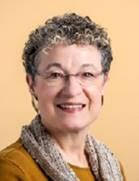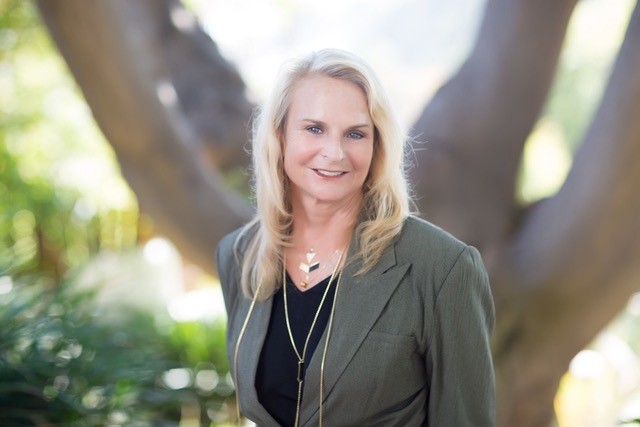

Director, The Carolyn Costin Institute
www.CarolynCostin.com
How did you get started in your career?
I recovered from this illness and became a high school teacher and counselor. I enjoyed the counseling so much I decided to get my license as a therapist intending to treat adolescents. As a few eating disorder cases trickled into our community, people began referring these clients to me because they knew I had once suffered.
It soon became clear that I could help people overcome an eating disorder and become fully recovered. I realized this was my calling and my life’s work.
Now I am the Owner and Director of The Carolyn Costin Institute.
I became well known as a therapist, opened several hospital eating disorder units and eventually become the first person to open a residential treatment center for eating disorders in a home setting, Monte Nido. Monte Nido grew into Monte Nido and Affiliates and became a renowned, highly regarded treatment center for eating disorders. I sold Monte Nido in 2016 and have since opened The Carolyn Costin Institute which offers continuing education to therapists and dietitians, as well as a certification course for eating disorder coaches and a special course for families.
What advice would you give to someone new to the field?
Treating eating disorders is a rewarding but difficult job. Not much training or education on how to treat eating disorders will happen in school. You will need to get training from an eating disorder professional and attend eating disorder conferences and seek out eating disorder certification.
You will have to learn to be strong as well as kind, know how to challenge and set limits, be firm, and directive, self-disclose, be authentic and deliver the right balance of nurturing and authority. Expect your clients to lie and not want your help, expect them to slip up and even relapse but also expect them to be courageous, gifted, giving and overall incredible humans.
Treat every client who walks in your door as if he or she can be fully recovered. Each client has a healthy/soul self, he/she was born with an eating disorder self. Your job will be to strengthen the client’s healthy self so it takes over the job of the eating disorder self. The eventual goal is to help integrate the two selves back into one whole being.
It will help if you pay attention to the difference between ego and soul. The eating disorder is ego out of control. People suffering from eating disorders need to reconnect to soul and leading a more soulful life. The best way to do this is to bring your own soul self forward.
Treating eating disorders will make you think about your own values, your own body and your own life. You might even get triggered. Seek consultations and supervision for yourself in this regard.
I hope your work in eating disorders will be an incredible and rewarding journey like mine.
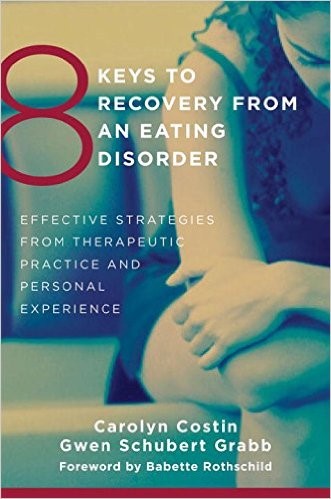
8 Keys to Recovery From an Eating Disorder
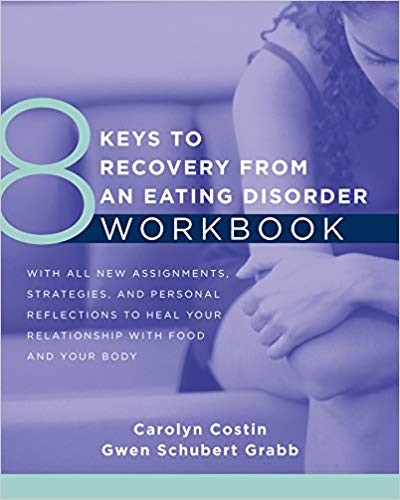
8 Keys to Recovery From an Eating Disorder Workbook
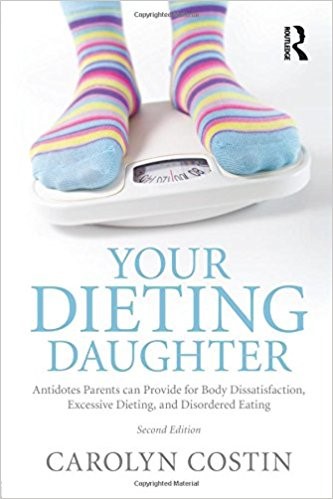
Your Dieting Daughter
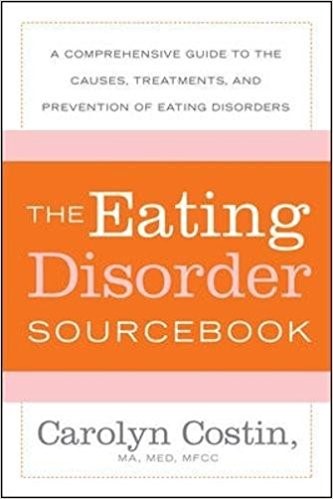
The Eating Disorder Sourcebook
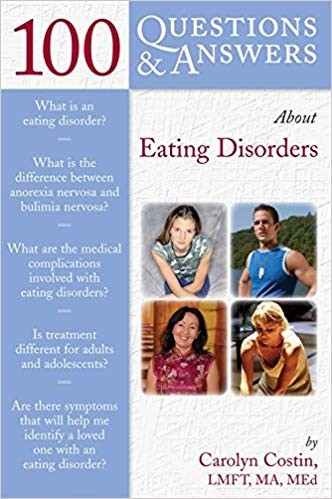
100 Questions and Answers About Eating Disorders
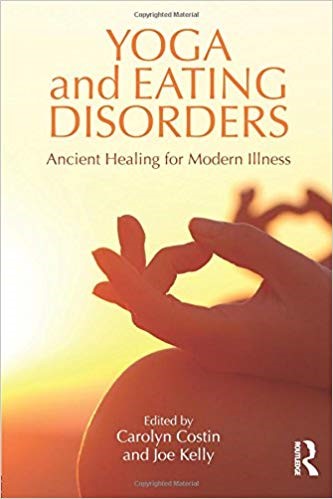
Yoga and Eating Disorders

